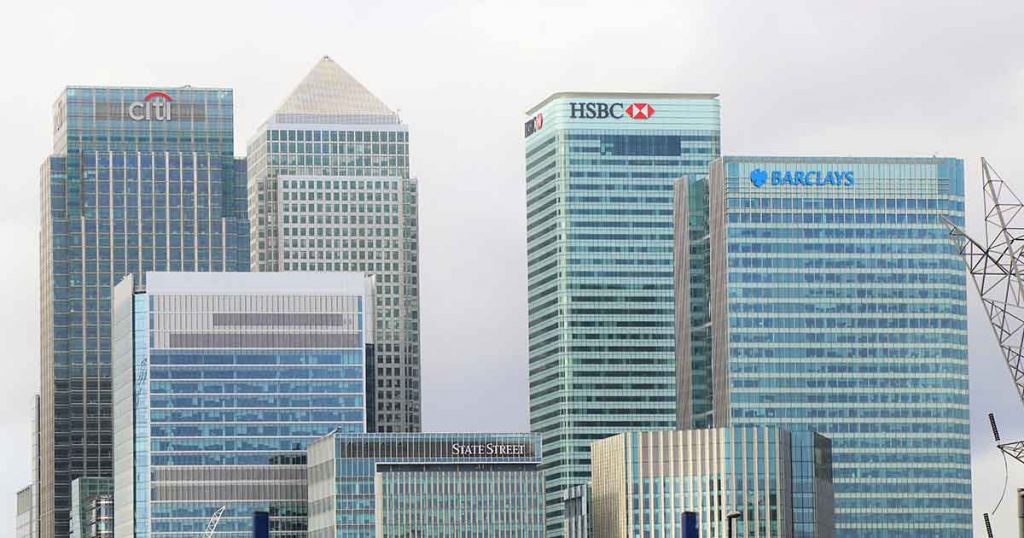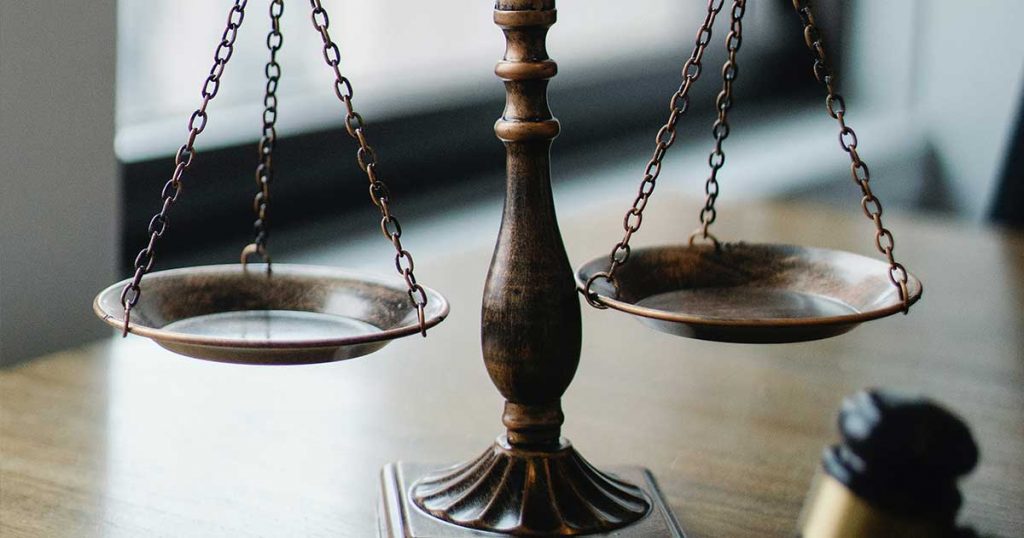So-called ‘missing trader’ frauds yield vast profits to organised criminals but can be extraordinarily hard to detect. However, the task faced by police in tackling such operations may be rendered a little easier by a Court of Appeal ruling that covert recordings were lawfully used in evidence against two perpetrators.
The case concerned a group of companies that dealt in gold, silver and other high-value metals. Its accounts indicated a profitable business with bank receipts of £118 million over a six-year period. A bogus trail of invoices and other documents were created to reinforce that impression. Following a police investigation, however, 38 companies with which the group traded were identified as missing traders.
As a result of the fraud, HM Revenue and Customs sustained a loss of close to £18 million. After the truth emerged, the group’s director and guiding light, together with its bookkeeper, were convicted of cheating the Revenue. The former was jailed for seven and a half years and was banned from acting as a director for 10 years. The latter received a five-year prison sentence.
On their arrest, both men had been placed in the same van before being taken to a police station. The vehicle was equipped with recording equipment which captured their conversation. The trial judge found that covertly recording their words was not objectively necessary or proportionate and that the evidence had thus been obtained in breach of the Regulation of Investigatory Powers Act 2000. He nevertheless refused a defence application to exclude the evidence, which formed a crucial part of the prosecution case, and permitted it to be placed before the jury.
Dismissing the men’s challenge to their convictions, the Court noted that the officer who authorised the covert recording genuinely believed that it was necessary and proportionate. He had not been engaged in a deliberate stratagem to circumvent their rights and all officers involved had acted in good faith.
The covert recording involved no inducement, misrepresentation, entrapment or oppressive conduct on the part of the police. No lies were told in order to induce the men to make admissions and, having been given the opportunity to speak to each other after their arrest, they had done so of their own free will. Other grounds of appeal put forward by the men were also rejected.





